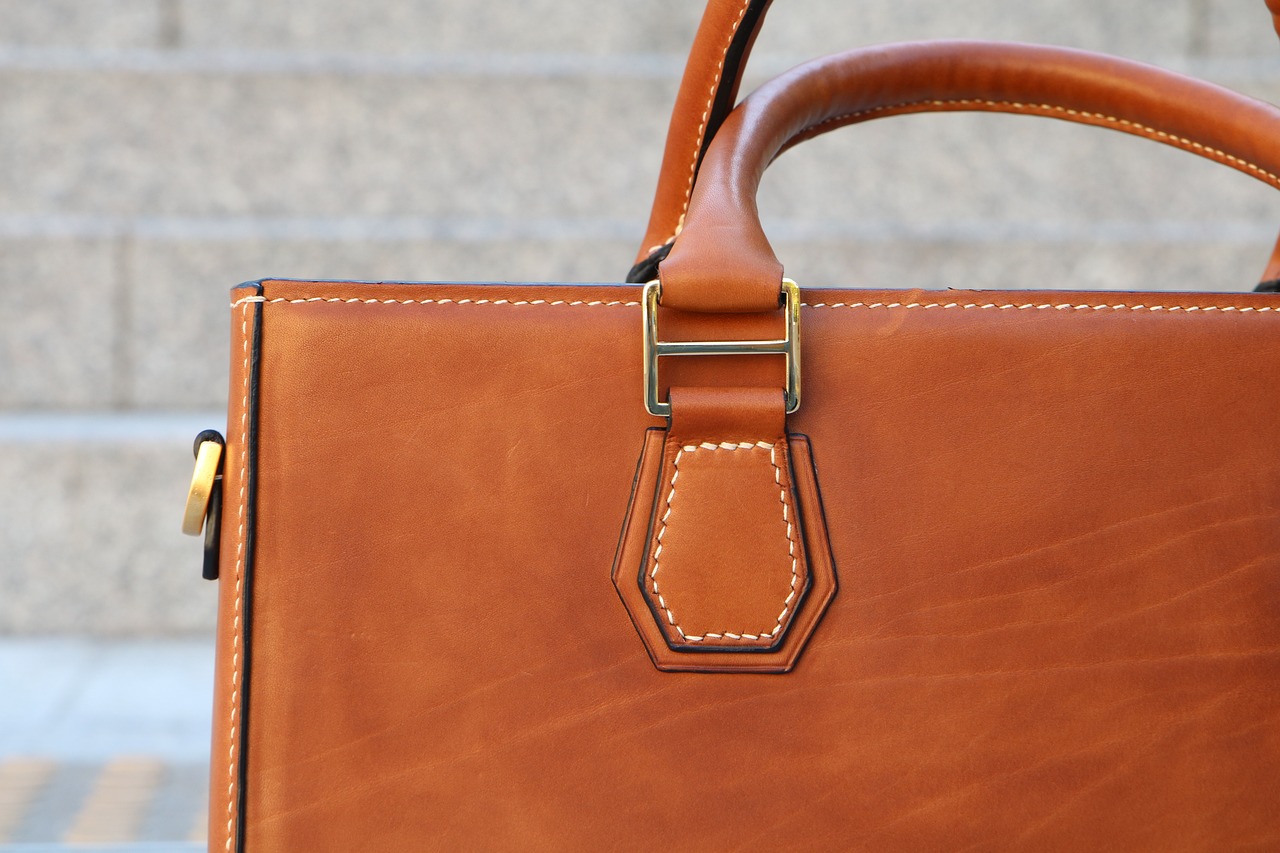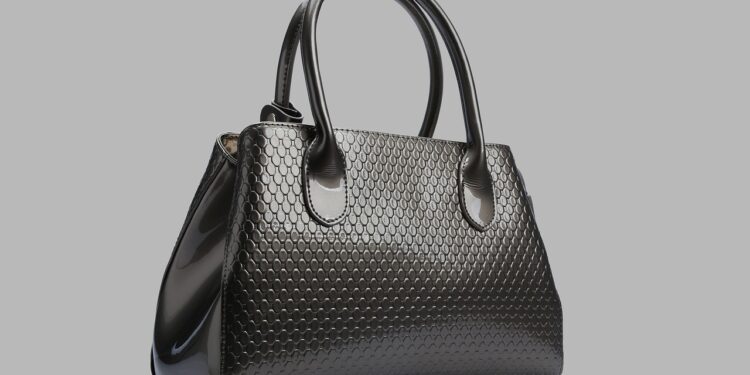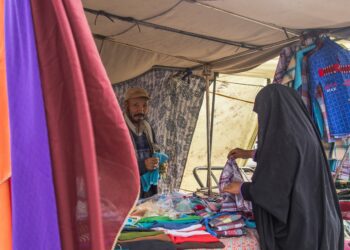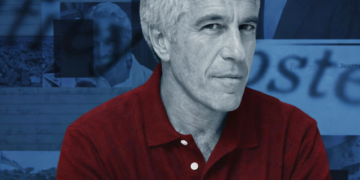On October 19, three days after Israeli soldiers killed the Hamas leader Yahya Sinwar, the Israeli military released a video dated a year earlier, just before the attack that kickstarted the war in Gaza.
The video shows, among other things, Samar Muhammad Abu Zamer, whom the Israeli military has claimed is the wife of Mr. Sinwar, moving into a tunnel while carrying a black handbag.
Although the video was blurry, one could still make out that the purse had a boxy shape, with top handles and some metallic hardware at top center.

Avichay Adraee, the Arabic-language spokesman for the Israel Defense Forces, had also posted the video on X along with a still of the handbag next to a photo of a similar-looking Hermès Birkin, with the words:
“Did Sinwar’s wife enter the tunnel with him on October 6th, carrying a bag from the Birkin company, which has an estimated value of about $32,000? I leave you to comment.”
Not long after, the comments began pouring in and not just on Mr. Adraee’s post (which already garnered over 4,000 comments).
A headline in a New York Post article had read;
“Hamas leader Yahya Sinwar’s wife reportedly spotted with $32,000 Birkin bag as she went into hiding”, with some commentators debating the handbag identification, saying it was impossible to tell if the bag was a Birkin (or even a luxury bag at all, for that matter).
While Hermès is yet to respond to questions about whether the bag was one of its products, or not, Mr. Adraee has already implied that a luxury brand has associated itself with the leader of Hamas, whose death in combat has elevated him to heroic status in the eyes of many Palestinians.
Christopher J. Berry, an emeritus professor of political theory at the University of Glasgow and the author of “The Idea of Luxury: A Conceptual and Historical Investigation” has a lot to say about this. In his words;
“The running theme is the exposure of hypocrisy. The luxury good becomes “a tool to reveal the discrepancy between what someone says publicly and how they act privately,”
Barry further adds that this implication topples the myth that leaders should sacrifice self for country. Instead, it suggests that they put themselves over country. Especially those in suffering countries.
The mere allusion that Ms. Abu Zamer might have been carrying a Birkin bag was the smoke from the fire Ardraee wants lit.
Note that the Hermés bag has been touted by its creators as a better investment than gold; This is why the alleged cost of the bag on such a political figure was so important.
(Hermès Birkins notoriously begins at around $10,000 and can reach the hundreds of thousands, depending
on material, size and rarity.)
Luxury goods owned by politicians have been considered (even harshly criticized) as symbols of corruption and moral rot especially if the people being governed are suffering economically.
The ploy of calling out (affluent) taste for wealth has become a key weapon in the political propaganda playbook on all sides of the spectrum. Regardless of whether it is in wartime or in peace, it is often used not minding if the allegations are true or false.
In 2022 Vogue’s decision to feature Olena Zelenska, the first lady of Ukraine on its cover sparked controversy, with some commentators saying that her participation in a shoot for a fashion magazine during wartime was an example of leaders who prioritized their own fame over the stark realities on the ground a.k.a the Ukraine-Russia War.
Even more recently, the new British prime minister, Keir Starmer, was accused of accepting bribes in the form of luxury freebies, including $3,000 worth of eyeglasses, from a party donor, after running on a platform to clean up Tory sleaze.
Hermès has become almost synonymous with corruption cases. This is seen when former Prime Minister Najib Razak of Malaysia and his wife were accused of looting state funds in 2018.

Following this, the authorities raided their properties and discovered millions of dollars’ worth of luxury goods, including an estimated $12 million worth of Hermés handbags.
In another case, George Santos’s embezzlement of campaign funds to purchase Hermès products became headline news even before he was voted out of Congress. However, Hermès is not the only guilty brand as regards political corruption cases.
The Trump campaign has however, taken to featuring a necklace often worn by U.S. Vice President Kamala Harris — a gold chain link style from Tiffany — in its fund-raising pleas, contrasting (as in the Adraee post) a photo of Ms. Harris wearing the accessory and an image of a similar necklace from the Tiffany online store, along with a quote from Senator JD Vance claiming that it made his “blood boil” when he saw the photo on Twitter.
The necklace pictured on the Tiffany website is seemingly a larger version of the one Ms. Harris wears (other sizes retail for significantly less). But as seen with the case of Ms. Abu Zamer and her alleged Birkin bag, accuracy is less important than the implication of extravagance and disconnection between what the candidate says and what she (maybe) buys or can be accused of flaunting.
The one seeming exception to the anti-luxury rule is surprisingly Mr. Trump himself, who has made a virtue of his own love of fancy items, in part by placing it in his campaign promises to read as:
Look at the lifestyle Mr. Trump has achieved; vote for him, and he will get it for you, too.

















